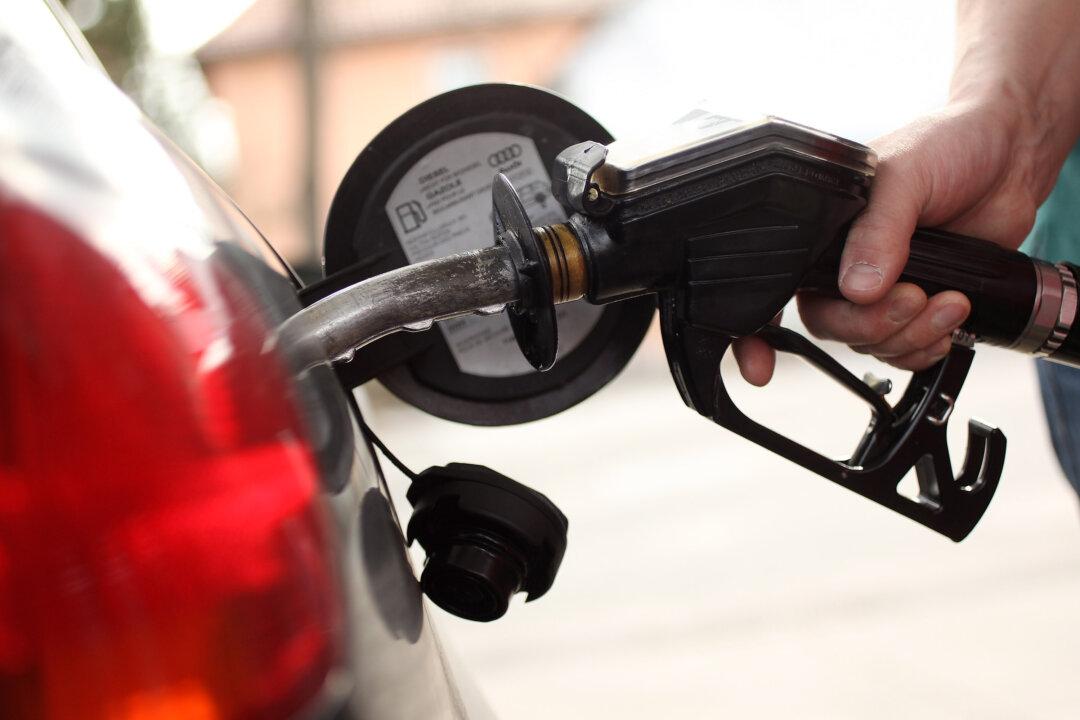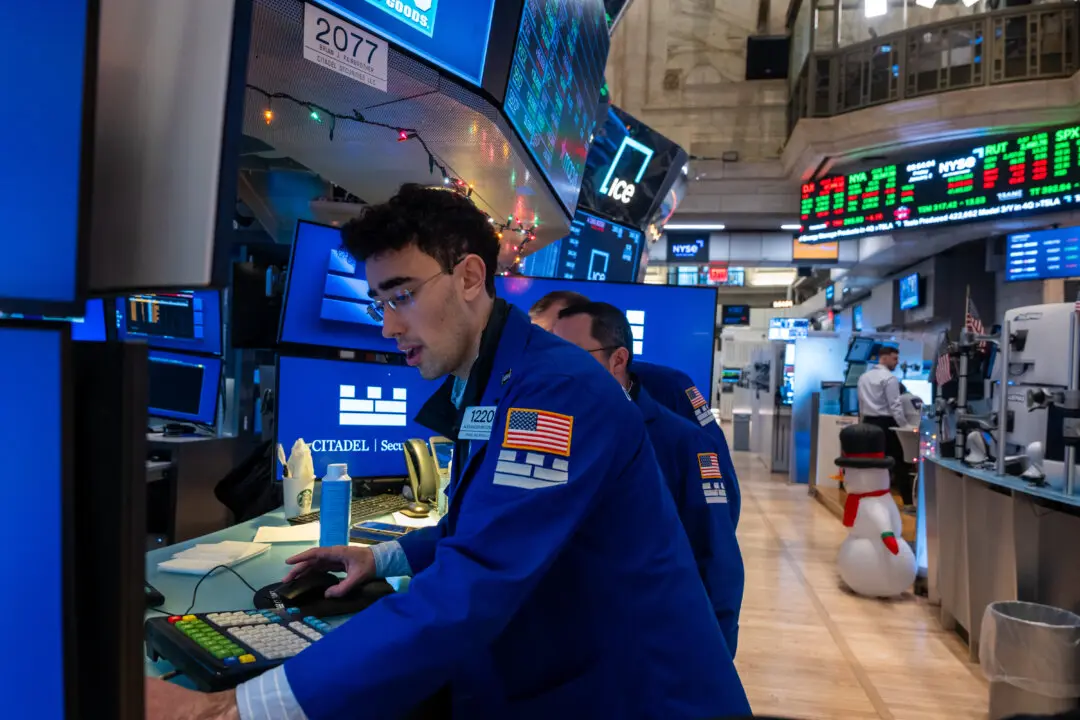As the Biden administration continues to drain the United States Strategic Petroleum Reserve (SPR) in a dubious gamble to suppress gas prices and win votes before the midterm elections, another fuel crisis is brewing.
While gasoline prices have indeed come down from this summer’s highs, diesel prices remain stubbornly elevated, and, more worrying, U.S. inventories have fallen to perilously low levels.





